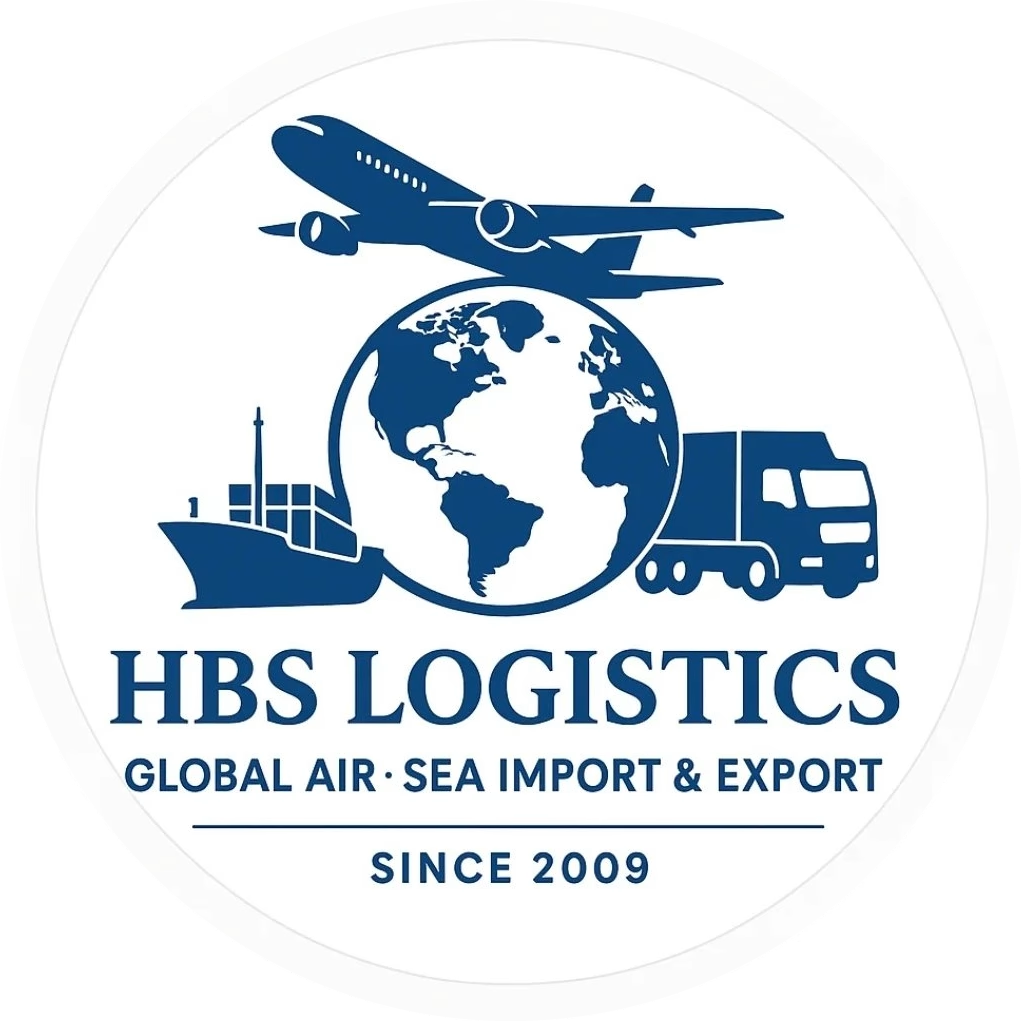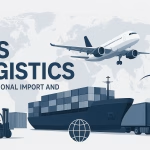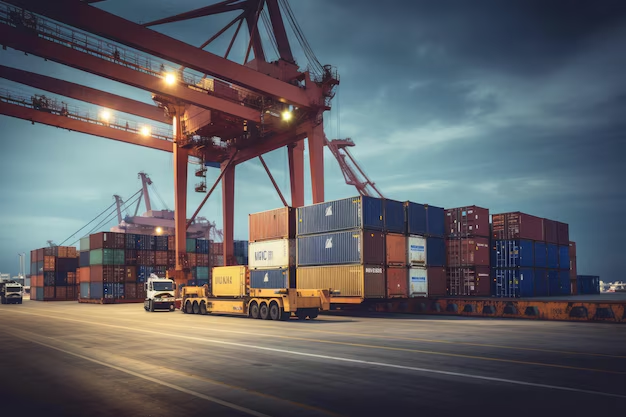
What Is Freight Forwarding?
A specialized service in the logistics sector, freight forwarding entails organizing and transporting goods from one location to another, frequently across international borders. Freight forwarders serve as a middleman between shippers and transportation services, not the actual carriers of the cargo. They manage the intricate logistics of cargo transportation, such as paperwork, customs clearance, storage, and delivery. For companies engaged in international trade, freight forwarding is crucial because it guarantees that shipments are delivered effectively, safely, and in accordance with international laws.
Understanding the Role of Freight Forwarders
To better understand freight forwarding, it’s important to break down its role within the broader logistics and supply chain sector. When a business needs to transport goods internationally, the process involves multiple steps and parties, such as exporters, importers, carriers, customs brokers, and more. Freight forwarders simplify this process by acting as a single point of contact for the shipper. They analyze the best transportation routes, negotiate with carriers, prepare all necessary documentation, and manage the risks associated with international shipments. This helps companies save time and focus on their core business operations while ensuring that their goods reach their destination on schedule and within budget.

Over 90% of global trade is transported by sea, making ocean freight a major part of international freight forwarding.
International Freight Forwarders: Global Trade Enablers
In particular, an international freight forwarder handles the transportation of goods between nations. They are skilled at handling paperwork like the bill of lading, negotiating complicated customs regulations, and planning transportation via land, air, and sea. These forwarders help avoid expensive delays or legal problems because they are knowledgeable about international trade agreements, tariffs, and compliance requirements. They also offer services such as cargo insurance, tracking, and freight consolidation to maximize efficiency and reduce costs for clients. International freight forwarders, who manage everything from tiny e-commerce packages to huge industrial shipments, are crucial partners for importers and exporters in global markets.
China Freight Forwarders: A Major Player in Global Logistics
China freight forwarders play a particularly significant role in the global logistics landscape. As China is a major manufacturing hub and one of the world’s largest exporters, freight forwarding services there are in high demand. Chinese freight forwarders specialize in exporting goods from China to various parts of the world, handling large volumes of cargo daily. They often offer end-to-end solutions, including factory pickup, quality inspection, export documentation, and delivery to international buyers. Because of the scale of China’s manufacturing and the complexity of its export procedures, these forwarders are well-versed in dealing with local regulations, port operations, and language barriers. Many businesses that source products from China rely heavily on local freight forwarders to ensure that their supply chains remain smooth, timely, and cost-effective.
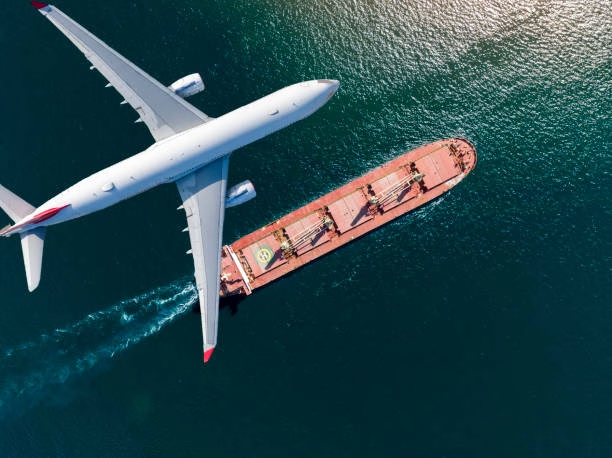
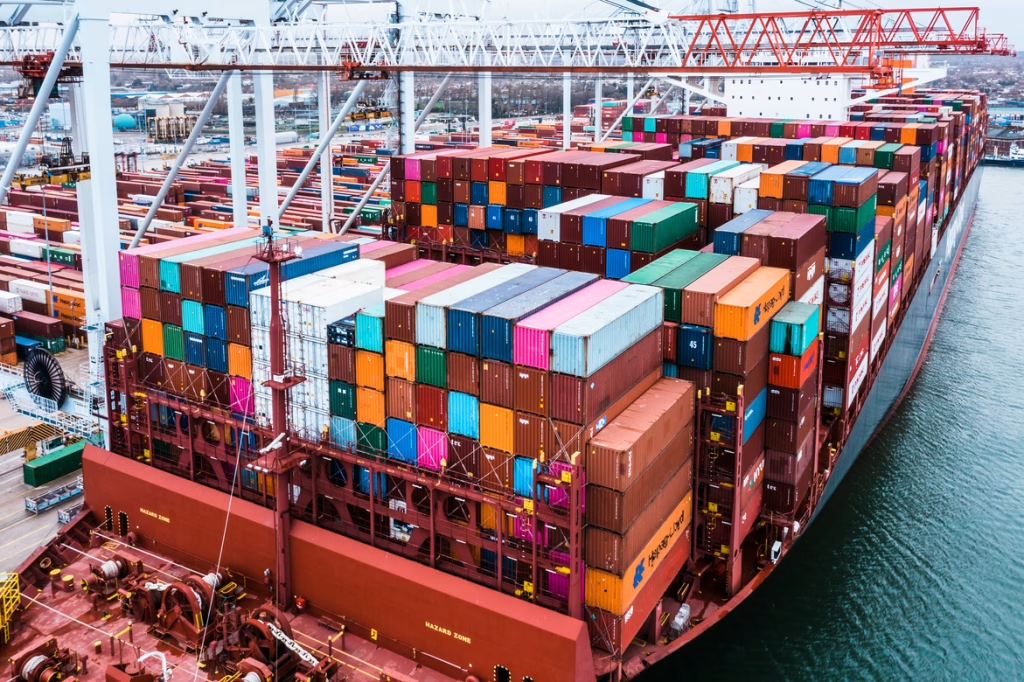

What Does a Freight Forwarder Do?
The core responsibilities of a freight forwarder go beyond just booking cargo space. They are involved in the full spectrum of logistical planning and execution. One of their primary duties is to assess the best route and mode of transport based on the type of cargo, delivery deadlines, and cost considerations. They prepare and review all documentation required for international shipping, including commercial invoices, export/import declarations, certificates of origin, and more. Customs clearance is another critical area managed by freight forwarders—they ensure that shipments comply with both the exporting and importing countries’ laws. Furthermore, they may provide warehousing services, manage inventory, and coordinate cargo insurance to protect against loss or damage during transit. Throughout the shipping process, freight forwarders also offer tracking and updates, giving clients visibility and control over their shipments. In essence, a freight forwarder serves as a logistics expert, risk manager, and compliance consultant all in one.
Freight Forwarder Authority and Industry Regulation
In many countries, freight forwarders must be licensed or registered with a freight forwarder authority to operate legally. These regulatory bodies set the standards and oversee compliance in the freight forwarding industry. For example, in the United States, the Federal Maritime Commission (FMC) regulates ocean freight forwarders, while in Europe and Asia, different local bodies perform similar functions. These authorities help ensure that freight forwarders maintain proper financial responsibility, professional conduct, and ethical practices. By working with a licensed freight forwarder, shippers can trust that their logistics partner meets industry benchmarks and operates under legal standards.
Important Facts About Freight Forwarding
- The global freight forwarding market was valued at over $200 billion in 2024 and is expected to grow steadily with the rise of e-commerce and international trade.
- Sea freight is the most commonly used mode in freight forwarding, especially for bulk goods.
- Many freight forwarders provide door-to-door services, making the shipping process seamless for clients.
- Freight forwarders often work closely with customs brokers, who specialize in managing border regulations.
- Choosing a forwarder with a strong network and technological tools can lead to more efficient and transparent shipments.

Conclusion
In conclusion, freight forwarding is an essential service that handles the complexities of international logistics to enable the movement of goods around the world. Freight forwarders offer crucial assistance to companies involved in international trade, from comprehending regulatory frameworks to organizing multi-modal transportation and guaranteeing appropriate documentation. Businesses can trust these logistics experts to manage the challenges of international shipping, whether they are working with a specialized China-based service provider or an international freight forwarder, allowing for more efficient operations and improved supply chain performance. Businesses benefit from operational efficiency and the assurance that their shipments are handled with competence and authority when they work with a reputable freight forwarder.

